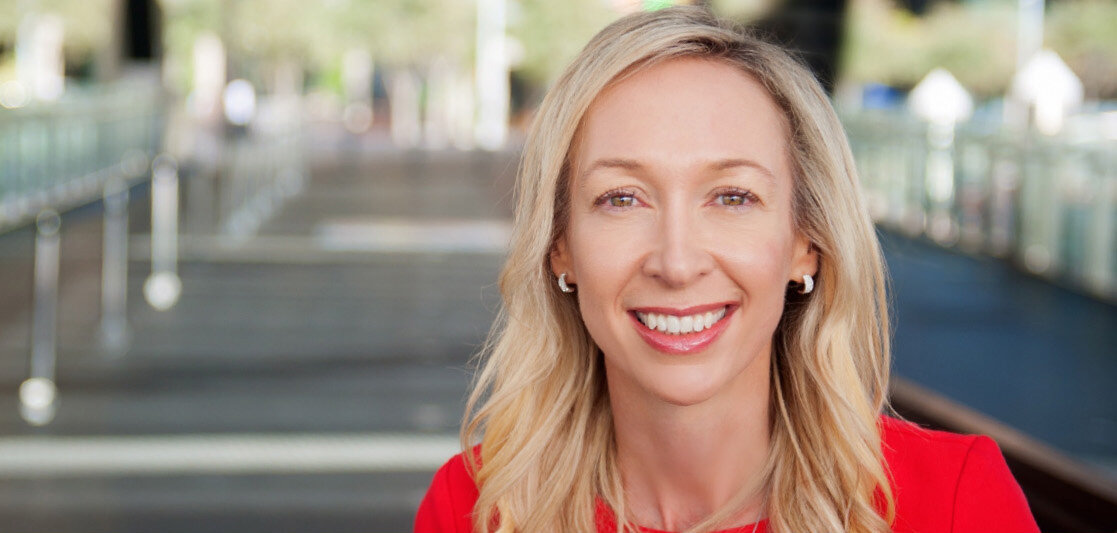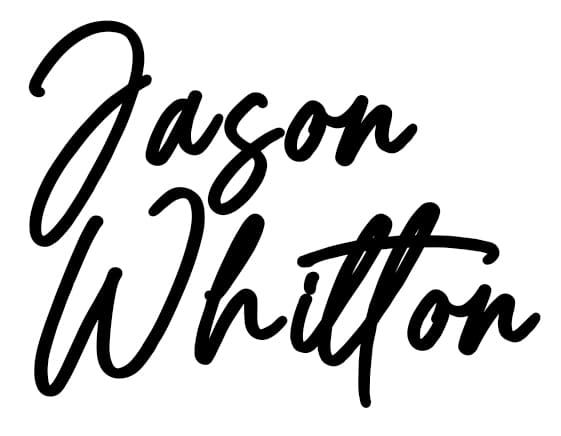
The Human Side Of Anxiety With Clinical Psychologist Dr Jodie Lowinger
Clinical psychologist Dr Jodie Lowinger is passionate about breaking the stigma around anxiety.
As an anxiety, mindset and resilience expert, her special interest in this area of mental health is deeply rooted in her belief that it’s simply a normal human instinct. Through her work as CEO and founder of the Sydney Anxiety Clinic, she works to change attitudes around anxiety by removing it from a medical context and placing it in a human one.
“One of the most primitive parts of who we are as human beings is to be anxious,” Dr Jodie explains.
“It’s not something we should feel shame or weakness about because it’s actually a survival instinct and a critical part of our needs as humans.”
THE CAVE PERSON IN ALL OF US
Let’s face facts, people still engage in very primitive behaviours no matter how far technological advancements have brought us. Dr Jodie doesn’t see this as a disadvantage though, rather a way to recognise how and why we act the way we do.
What it comes down to is predictability, and how in human behaviour that allows us to feel secure. Of course, when we experience a physiological reaction to a threat in our environment, that can bring about anxiety Dr Jodie says.
“We are still in essence cave people. So, the cave person in us, if we were to leave our cave and see something that was a predator, would have that fight or flight instinct kick in.”
THE CHALLENGE OF A CONTEMPORARY WORLD
The challenge in a contemporary world is that it is filled with increasing unpredictability.
“There’s a lot of uncertainty and we have this thing in our brain called worry which is perceived as a threat,” Dr Jodie says.
“It’s our own fear that possibly something bad could happen.”
Basically, when worry thrives in unpredictable situations we start to think of it as if it’s a real physiological threat. That tips us into feeling anxious when the threat itself doesn’t necessarily need that emotion to be activated.
Anxiety is not a bad thing. It actually can help us survive in everyday moments where we need that response, like if a car comes around a corner quickly and doesn’t see us crossing the street. But when we start perceiving situations or circumstances as threats that don’t require that same response – we can become overly anxious.
OUR VULNERABILITIES CAN BE HELPED
At its core anxiety is a protective instinct that comes from our desire to help ourselves and the people around us. That’s why anxiety around things like financial hardship can be so prevalent.
When we look at the common traits that occur in people that deal with anxiety, often these are actually strengths to feel proud of, even though they do come with tough challenges and are heightened in certain individuals.
“I talk about human behaviour being predominantly predictable, but where the individual differences come into effect is in our life experiences, our genes and even the way our brain is structured,” Dr Jodie says.
“So, people have certain predispositions or inherent vulnerabilities that they might be born with or have developed from environmental circumstances.”
One of the key messages Dr Jodie wants to spread far and wide is that our individual vulnerabilities and challenges can be helped by choosing to respond to them with helpful actions rather than unhelpful actions.
Building awareness of what ‘worry’ sounds like to us and recognising when worrisome thoughts are tipping into an anxious mind is the first step we can take to help alleviate our heightened responses.
THE GOOD KIND OF SELF-MEDICATION
Anyone experiencing anxiety and struggling to manage it should seek support – no one should suffer in silence because they feel shame around it. However, there are every day practical things – scientifically supported too – that we can all do to take care of ourselves better.
“We need to recognise the mind-body connection in bolstering our wellbeing in the context that we live in which is a digitised and fast paced world,” Dr Jodie says.
“Exercise, connecting with family, connecting with friends, eating well, staying hydrated. You know, making sure that you look after yourself.”
What Dr Jodie wants is for people to let go of perfectionism in this aspect of their lives. Often people who deal with anxiety are high performers and therefore feel more pressure to do something perfectly – meditation is a great example of this.
We know that there is no right or wrong when it comes to our own meditation practice. Yet those with anxiety might be more worried about whether they can do it well rather than the act itself.
“If those thoughts are getting in the way of doing anything at all, we want to let go of that. One of the things that I often say is small is better than not at all,” Dr Jodie urges.
“Two minutes is better than none. A walk around the block, even if it’s to the corner of your street and back, is going to do you the world of good.
“It takes us out of the sympathetic nervous system and re-engages the parasympathetic nervous system. And when we’re out of the sympathetic nervous system, we are out of the fight or flight response.”
Something as simple as walking activates a calming part of our brain. If you start to feel anxious throughout the day, try going for a stroll around your block or do walking meetings to boost oxytocin.
A NEW NARRATIVE ON ANXIETY
Anxiety is absolutely part of the human experience. Worries exist for a reason and at a primitive level that is to keep us safe in the case of a real threat.
If we continue to grow awareness around what anxiety really is, then we can hopefully create a society where stigma and shame no longer exists. Building self-awareness in communities will do wonders for the mental health and wellbeing of us all.
Likewise, as individuals if we learn to make conscious choices as to what drives us, and reject unnecessary fear, we can shape our thoughts, feelings and actions long term.
Of course, if the challenges are ever too overwhelming, or become debilitating, you should always seek out a mental health professional.
By Jason Whitton
Group CEO Positive Real Estate
The world of real estate puts property investors in a position where they are constantly putting themselves out there and being vulnerable all while experiencing tough negotiations and receiving knock-backs.
At our free real estate seminars we connect participants with real-world property investors who have been in the industry and following this path for decades.
If you need help navigating the world of real estate and are looking to do it in a way that works for your overall wellbeing, this free, intimate event may be exactly what you need.





